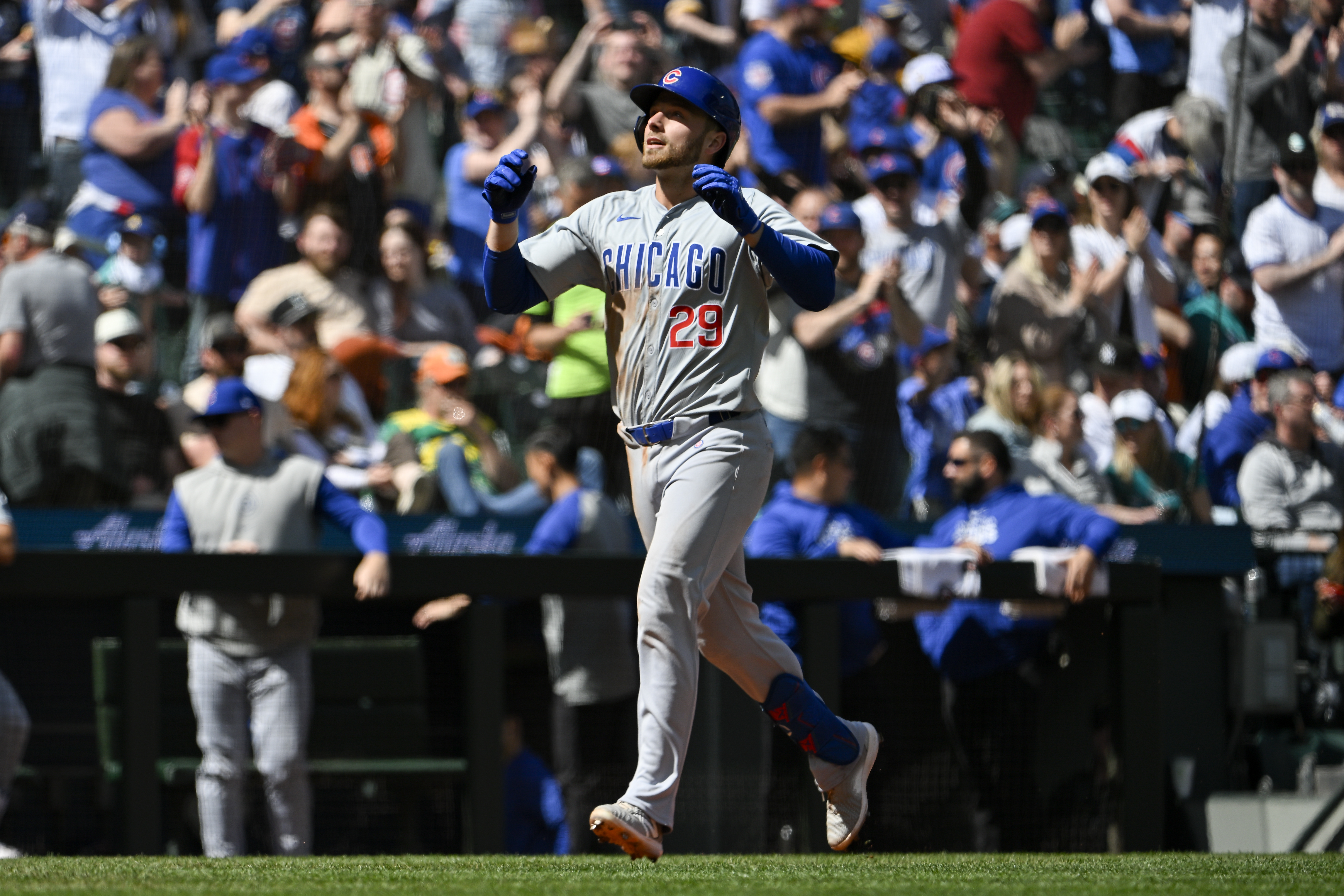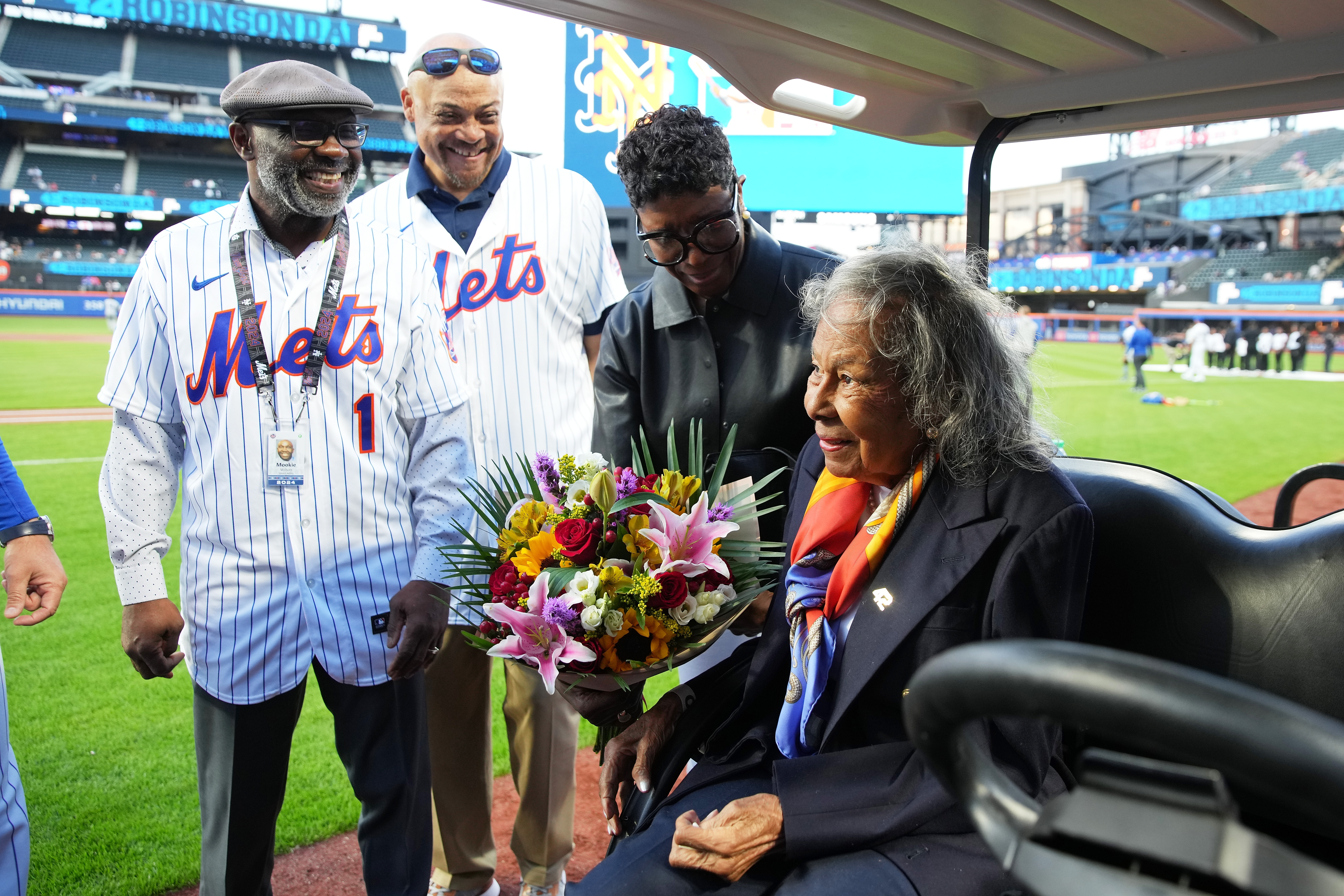Economic uncertainty might be the biggest reason to think teams won’t be trading name players or dumping contracts at the newly designated Aug. 31 trade deadline if Major League Baseball is able to pull off its 60-game season during the COVID-19 pandemic.
But don’t underestimate this reason: Ethics.
“We’ve talked about that as a baseball operations group, that there are extra considerations this year,” Cubs president Theo Epstein said Friday. “Not that we don’t consider our players’ preferences and their family lives and their comfort under normal circumstances; it’s just one variable of many.
“Under these circumstances we feel it is appropriate to weigh that variable — the real-world impact of any transaction on a player — more heavily than you would under normal circumstances because of the crisis around us, because of the adversity that we’re facing.”
Click to download the MyTeams App for the latest Cubs news and analysis.
Cubs star Kris Bryant, who was a hot topic in trade rumors all winter, raised the issue earlier this week when he said, with a smile: “I’d like to think I wouldn’t get shipped out in the middle of a pandemic.”
Epstein: “That’s something that we all feel, that with everything going on in the world I think you cherish the few constants you have. … I completely get where Kris is coming from.”
MLB
MORE: Why COVID-19 crisis might create opportunity for Cubs to re-sign Kris Bryant
And beyond the extra empathetic and moral consideration the Cubs foresee during a tenuous, anxiety-ridden undertaking, any trade also brings with it the inherent risk of how a player from the outside will adapt to a new group’s level of commitment to safe practices, on and off the field.
“But there’s going to be transactions this year,” general manager Jed Hoyer said. “There’s no way to avoid that, whether they be big or small.”
Releases and outright assignments, for instance, will be necessary just to get the roster to 30 for the July 24 opener, down to 28 two weeks later and 26 two weeks after that.
“We still have a job to do, and this is still in the end a business,” Epstein said. “But I don’t think we’d be displaying the kind of empathy and thoughtfulness in consideration of others that we ask of our players if we wouldn’t place greater emphasis on the human side of any transaction at this point.”


